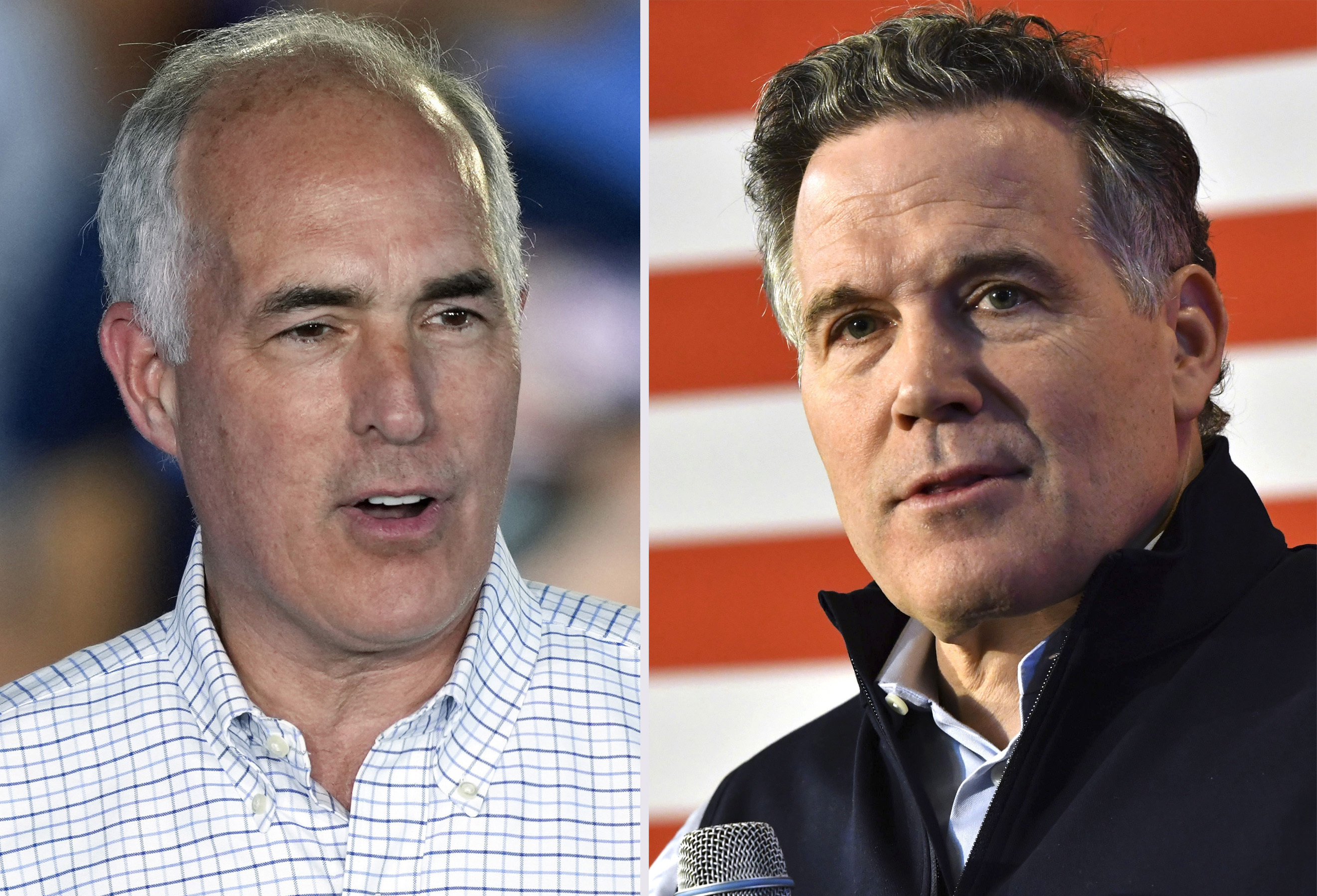Some 3 million children nationwide -- including about 200,000 in the tri-state area -- could lose their school meals if a drafted proposal to change the National School Lunch and Child Nutrition acts becomes law.
The measure could potentially put students in some of the country's poorest communities at risk for missing meals, according to a report issued earlier this week by the Center on Budget and Policy Priorities.
The proposal, made in a House Education and Workforce Committee discussion draft of a bill that would reauthorize the school lunch and child nutrition acts, suggests tightening schools' eligibility requirements for enrolling their entire student bodies in the school-meal program if a certain percentage of the students automatically qualify for school meals, according to the report.
[[322222891, C]]
Under the current law, schools where more than 40 percent of students automatically qualify for the federal school meals program can opt-in for free meals for the entire student population -- a measure known as "community eligibility." The new proposal would raise that threshold to 60 percent, eliminating free meals for thousands of students across the country, according to the center's report.
Locally, School District of Philadelphia schools, where 100 percent of students qualify for free lunches according to state statistics, likely would not be affected. But Archdiocese of Philadelphia schools -- and schools in Delaware and New Jersey -- could potentially suffer cuts.
Anne Ayella, director of community relations for the Archdiocese's Nutritional Development Services, said that the diocese is hopeful its schools would not be affected too drastically, because they group all of the schools together in their opt-in for universal school meals -- rather than allowing them to stand alone as individuals.
Ayella said that 70 schools in Philadelphia and its suburbs serving about 21,000 schools participate in the community eligibility program. As a result of the program, Ayella said, eight more schools in the Archdiocese recently began serving school breakfasts, increasing breakfast participation among students by 15 percent. She said the program has increased lunch participation by 10 percent.
The program "leveled the playing field," Ayella said.
"It's been fabulous," she said. "Kids who eat school meals do better."
In Pennsylvania overall, the center report estimates that 240 schools that have adopted the program -- and more than 132,000 students -- would be affected. In New Jersey, an estimated 29,300 students at 62 schools would be at risk and in Delaware, some 38,000 students in 73 schools could potentially lose their access to school meals.
The report says the measure that allowed schools to opt-in their entire student bodies for school meals simplified administration of the program for schools and decreased the stigma around low-income students getting meals at school, increasing student participation and helping to improve their diets, behavior and academic achievements.
[NATL] School Lunches Around the World
Local
Breaking news and the stories that matter to your neighborhood.
Students are automatically qualified for the school meal program if their families receive the Supplemental Nutrition Assistance Program (colloquially known as SNAP or food stamps), the Temporary Assistance for Needy Families program or similar programs. The center report said if the measure is passed, although the schools with the poorest students would likely not see changes to their programs, schools that serve lower-income communities would still suffer.
"The schools that would no longer qualify for community eligibility serve predominantly low-income students in some of our highest-poverty communities," the report reads. "And, in schools with such high concentrations of poverty, students who don't qualify for free or reduced-price meals are typically not much better off than those who do qualify."
The report estimated that in all, about 3.4 million children's school meals could be in jeopardy if the measure passes, plus more than 11,500 more schools across the country that are eligible for universal school meals but haven't adopted the program.
"Best-case scenario is that it doesn't come to fruition," Ayella said of the provision. "It would have an impact on us for sure."
[[321275981, C]]
It's unclear when the House Education and the Workforce Committee will consider the draft containing the provision or if this draft will be considered. Pennsylvania Congressmen Lou Barletta, R-Hazleton, and Glenn Thompson, R-Bellefonte, are both on the committee. Neither responded to a request for comment on the provision on Wednesday.



